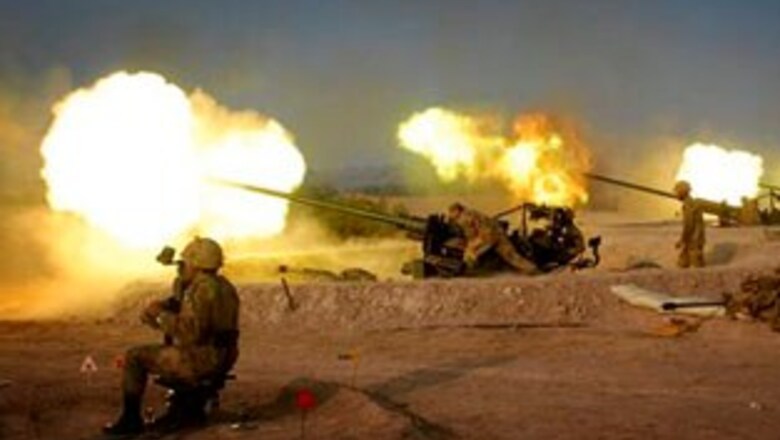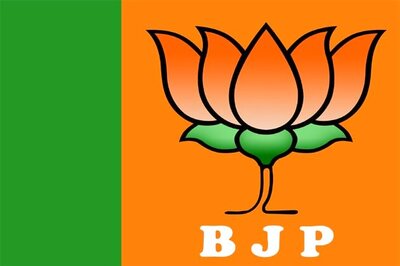
views
Geneva: Pakistan, citing a "clear and present danger" from its nuclear-armed rival India, ruled out on Monday global negotiations to ban the future production of material to make atomic bombs.
Confirming a Reuters report from Jan. 22, Pakistan's ambassador to the United Nations in Geneva, Zamir Akram, said such a treaty would leave Pakistan -- the most recent member of the nuclear club -- at a permanent disadvantage.
Pakistan's stance, triggered by nuclear and arms deals between India and the United States as well as with other nuclear powers, is a blow to the Obama administration's efforts to revive global disarmament.
It also raises a stumbling block to the UN-sponsored Conference on Disarmament, where members had proposed starting work on talks to halt production of the highly enriched uranium and plutonium used to make nuclear weapons in what would be known as a fissile material cut-off treaty (FMCT).
"A fissile material cut-off treaty that only bans future production of fissile material is unacceptable to Pakistan," Akram told reporters.
"It would only accentuate the disparity and imbalance that exists and that simply is not acceptable."
Disappointed Optimism
Akram said Pakistan was willing to negotiate a fissile treaty that encompassed reductions of existing stocks of material.
It also was ready to discuss other areas proposed at the 65-member conference: nuclear disarmament, limiting the militarisation of outer space, and "negative security assurances" -- promises by nuclear powers not to use atomic weapons on non-nuclear states.
The conference broke a 12-year deadlock last May when all members, including Pakistan, agreed on a programme of work, including talks on a fissile treaty.
But Pakistan subsequently refused to allow the talks to start.
Akram said Islamabad's initial optimism about the Obama administration's disarmament intentions, which had led it to back the conference programme, had quickly evaporated.
Other countries were selling India weapons, he said, and under the terms of a civilian nuclear agreement Washington signed with India in 2005, India was negotiating deals with the US. and elsewhere to acquire nuclear technology and material.
Akram neither disputed nor confirmed estimates that India already has twice as many nuclear weapons as Pakistan.
A civilian deal signed with France would provide India with fissile material for its reactors for 60 years, allowing it to use its own stocks for weapons, he said.
India's nuclear and other arms plans were complicating the environment for disarmament talks, he said, saying it was unclear why the United States was helping India build up its nuclear potential.
"But for us it presents us with a clear and present danger arising out of the asymmetry in strategic capabilities in South Asia," he said.
Pakistan would not block the conference but needed more than vague promises that the talks could also cover fissile stocks.
"I want to be clear before we start negotiations what are we talking about," he said.
But Akram said he did not believe states with nuclear weapons would agree to include stocks in the negotiations.
And he condemned nuclear powers for signing civilian deals with India that undermine the nuclear non-proliferation regime.
"Their motivation is greed. They want to make money. But for us it's life and death," he said.




















Comments
0 comment